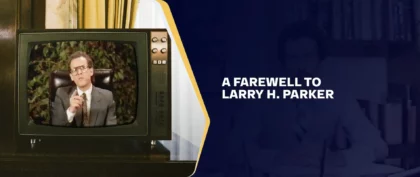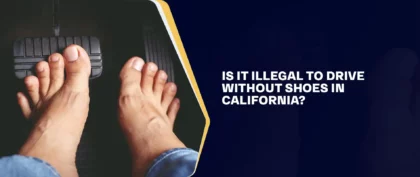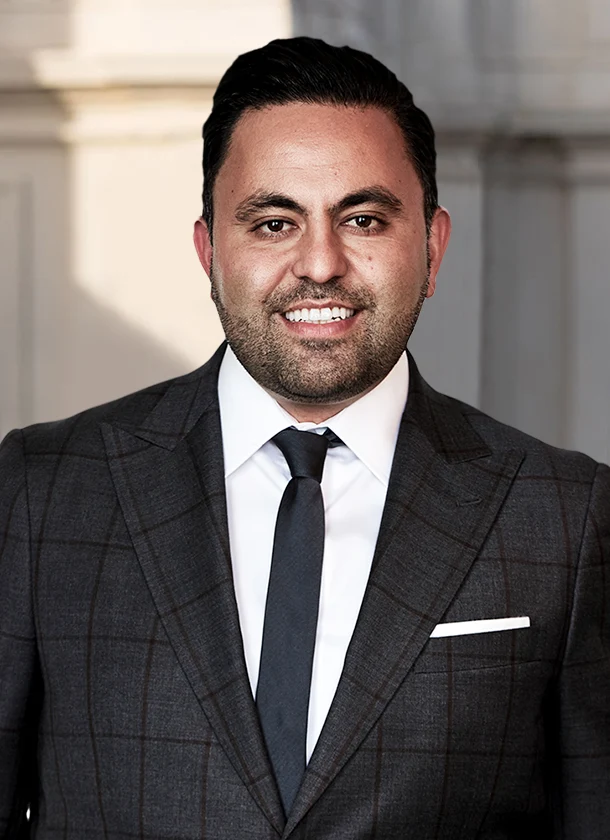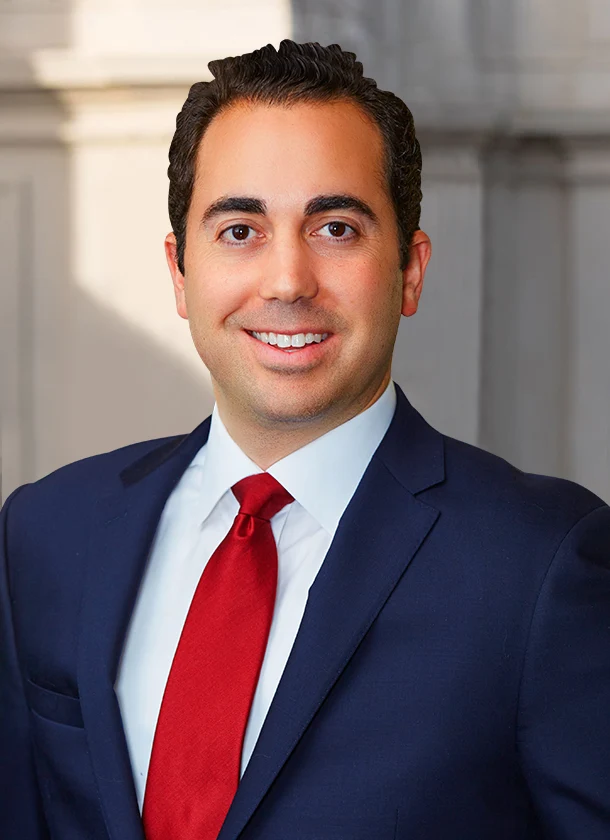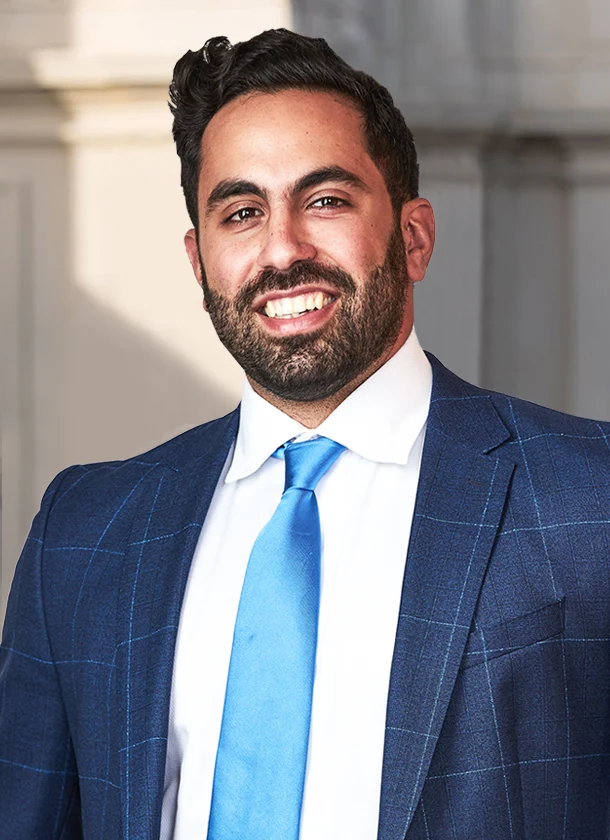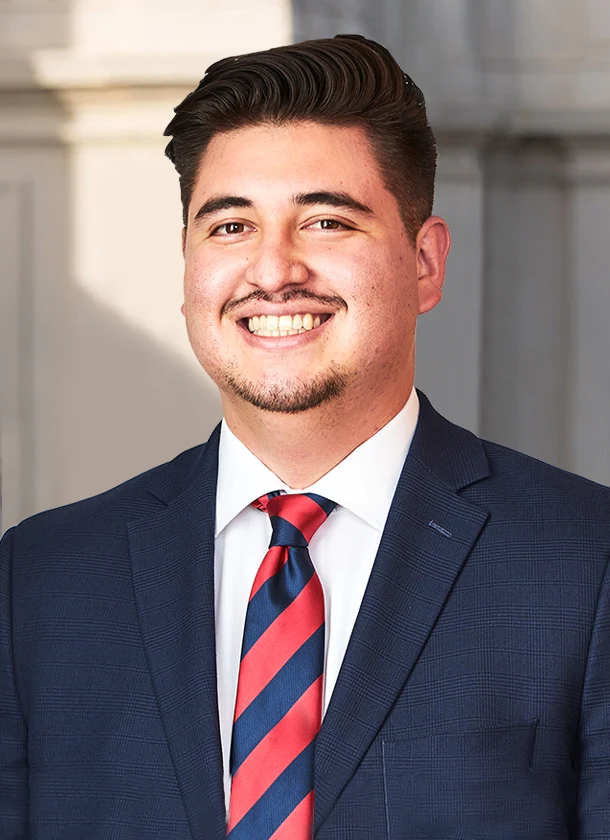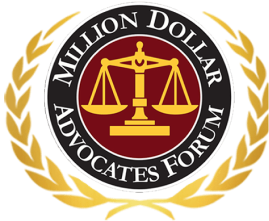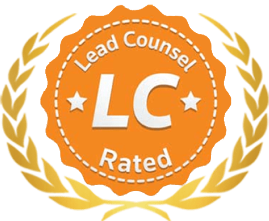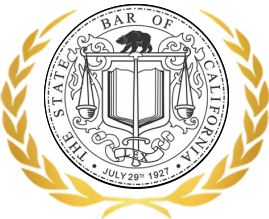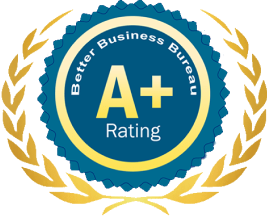Social media is ending up being an essential part of modern life. These networking platforms use sufficient space for everybody to share their experiences, catch up with old pals, post pictures, and share different kinds of digital content.
You May Be Asking Yourself – What Does Social Media Have To Do With My Case?
Nearly Everything! If you are pursuing a personal injury claim, it is because you have suffered an injury and other types of damages related to different kinds of accidents. The law enables you to seek compensation for your medical-related costs, lost income, pain, suffering, and other relevant damages based upon the specific laws of your state or country. It is perfectly normal for you to turn to social media and share some experiences related to the suit or accident with fans, friends, followers, or family.
However, you should understand the consequences of doing so. Anything you publish on social media may be used against you throughout the case. To prevent this, you need to be wise and careful about what you share on social networks. Also, speak with your California accident attorney for legal guidance.
5 Ways That Social Media Can Negatively Impact Your Car Accident Injury Claim:
1. You May Accidentally Oppose Your Testament
The information on your social media posts might oppose your claim. For instance, you might have said you have a broken arm. But your recent social media posts expose that you were going bowling. In this case, the defense will challenge your injuries. Keep in mind, if you suffered an injury whether it be at work or in a car accident, you should be entirely sincere about the information of your case. Facebook posts and other social media details that contradict your claim might ruin your case completely.
2. Questionable ‘Check-ins’
Well, check-ins on Facebook or Yelp, and other platforms can reveal that you were participating in activities that aren’t constant with the injuries you suffered. For example, you said that you suffered a damaged leg (restricted movement), and then you sign in at your routine yoga or a dance class. The defense can use social media posts as evidence against you.
3. You Might Expose What You Are Really ‘Physically Able’ To-Do
Your social media content can unintentionally expose to the defense side what you are physically capable of even after the injury. For example, if you publish a picture of your kids on the ski hill, the defense might argue that you took the photo. And if that is the case, they will have a piece of evidence that places you on a ski hill. Usually, what you share on social media can call your case in various methods you can’t forecast.
4. Rants, Comments, Posts, or Feedback from Friends & Family
The comments and posts made by your friends and family may hurt your case. Perhaps they will say something agreements the details of your injury. For instance, they can alter statements about the compensation quantity you desire or say they were with you somewhere doing something that opposes the details of your case. These are a few of the information that can render your evidence ineffective and hurt your claim.
5. Social Media Arguments in Court
Typically, a simple social media rant can quickly complicate your claim. You and your lawyer might have additional trips to the court to hash out if you have to offer your social media records for the defense side. Keep in mind that the law provides no social media break, which implies you can’t run away from producing your socials media records by setting your accounts to personal or status to ‘buddies just.’
Here’s How To ‘Cautiously’ Stay Active on Social Media
If you plan to file an accident claim, do not share even the slightest information of your personal injury case on social networks. If you must use these platforms, limit your activities to liking other individuals’ posts, and perhaps sharing news content. In case you want to see what other people are saying about you, think about searching Google for your name.
It is also important to request your family, colleagues, and friends, not to discuss anything related to your case. Keep in mind, the very best thing to do is to lay low on all social networks until your personal injury case is resolved. Keep in mind; the other side will be seeing; everything you say to the defendant or share on social networks might be used against you in court.
Open-Communication With An Experienced California Accident Lawyer is Key
You’re dealing with a personal injury claim, and it’s very likely that you’ve never had to contend with anything remotely like this before. You aren’t, however, alone. An experienced personal injury attorney from a prominent city like Los Angeles, San Francisco, San Diego, Sacramento, San Jose, and Orange County will help ensure that you’ve carefully considered your damages from every angle before proceeding toward a settlement.
These damages can come in a wide variety of forms:
- Medical expenses, including emergency care; surgeries and aftercare; doctor, specialist, and therapist visits; prescription medications; adaptive physical devices; and more
- Lost hours and wages on the job
- Diminished earning potential
- Emotional pain and suffering
Get the Conversation started, Call (888) 488-1391 today – or, See If You Have a Case.

